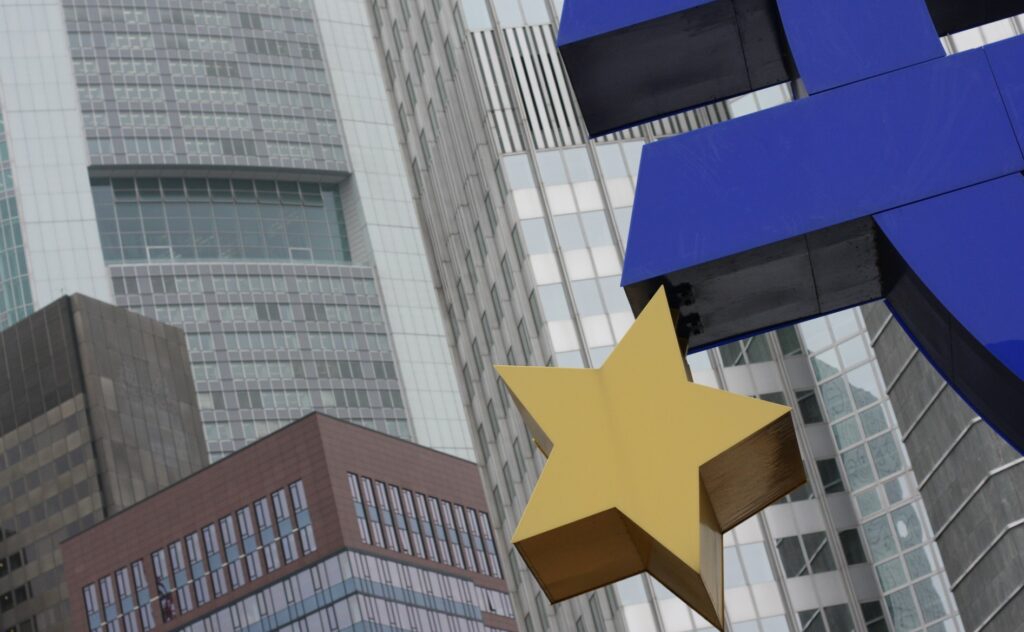The European Central Bank (ECB) raised interest rates by 25 basis points (or 0.25 percentage points) to 3.25% on Thursday.
The bank is justifying its move by appealing to "strong underlying price pressures" and the "uncertain" impact of previous rate hikes on the real economy.
"The inflation outlook continues to be too high for too long," the ECB announced in a press release. "In light of the ongoing high inflation pressures, the Governing Council today decided to raise the three key ECB interest rates by 25 basis points."
"Headline inflation has declined over recent months, but underlying price pressures remain strong. At the same time, the past rate increases are being transmitted forcefully to euro area financing and monetary conditions, while the lags and strength of transmission to the real economy remain uncertain," it added.
The ECB also reaffirmed its commitment to maintaining its current interest rates "for as long as necessary" in order to "achieve a timely return" to its 2% target inflation rate.
According to a flash estimate published on Tuesday by Eurostat, the EU's official statistics office, the eurozone's average inflation rate rose by 0.1 percentage points to 7% in April — the first time that inflation in the currency union has risen since October last year, when it peaked at 10.6%.
An unwelcome increase?
The hike, which was widely anticipated by financial markets, represents a slight slowdown by the ECB after three consecutive 50 basis point increases. The ECB has now raised interest rates seven times over the past ten months as it attempts to curb Europe's soaring inflation rate, which is driven in large part by high energy and food prices.
The ECB's latest hike was quickly condemned by Europe's major trade union organisation, which claimed that the move would do "nothing to stop the profit-price spiral we're in and instead piles further pressure on struggling working people".
"It's time to stop hammering the victims of inflation and deal with its real cause through properly enforced windfall taxes and price cuts," said General Secretary of the European Trade Union Confederation (ETUC) Esther Lynch.
Related News
- 'Unprecedented magnitude': Belgian savers lost €88 million in interest income since 2008
- ECB rate hike condemned as 'reckless' by Europe's major trade union
The latest rate hike is also likely to put further pressure on Belgian commercial banks to increase the interest rates on their customers' savings accounts.
A study published last week by the IESEG School of Management found that in February of this year the average rate on Belgian customers' savings deposits was 0.35%, despite the fact that the rate earned by Belgian banks when they park their excess cash overnight at Belgium's central bank (the ECB's deposit facility rate) was 2.5% (now 3.25%).
It is almost certain that the margin between these two rates explains the strong performance of Belgian banks during much of the past year: BNP Paribas Fortis — Belgium's largest bank — posted a profit of €3.16 billion in 2022, up almost a fifth (18.8%) from 2021.
"While the ECB has already increased its key rates by 3.5% [now 3.75%] over a few months, the increase in the rates offered by Belgian banks on their customers' savings deposits has remained very limited," the study noted, adding: "In Belgium, there are margins for banks to increase the rates on savings deposits."

